
Agriculture under threat as ransomware attacks go against the grain
The FBI has warned food and agriculture companies to be prepared for ransomware operatives to attack agricultural entities during planting and harvest seasons.
The FBI warning notes previous ransomware attacks during these seasons against six grain cooperatives during the fall 2021 harvest and two attacks in early 2022 that could impact the planting season by disrupting the supply of seeds and fertilizer.
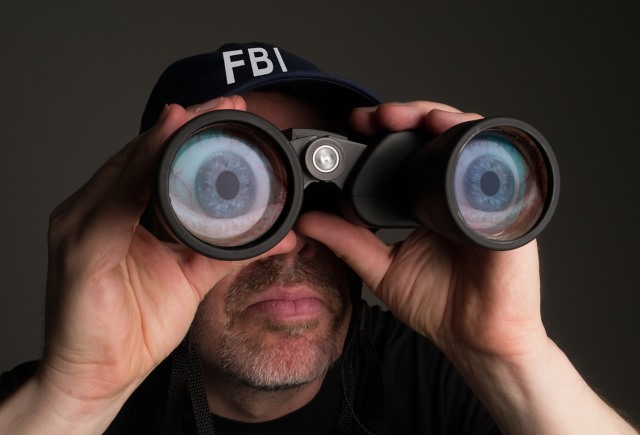
Surprise, surprise! Microsoft exec says the government is spying on you
Intelligence agencies may have begun life as a good idea -- a way to keep their respective countries safe -- and in the beginning we mostly trusted them. But their overt secrecy soon became apparent with things like the famous Roswell incident and the best known "secret" location in the world -- Area 51.
But there’s much more to the secretiveness than just speculation of little green men. If we didn’t already suspect as much, Edward Snowden showed us a lot of what went on behind-the-scenes in these clandestine agencies.
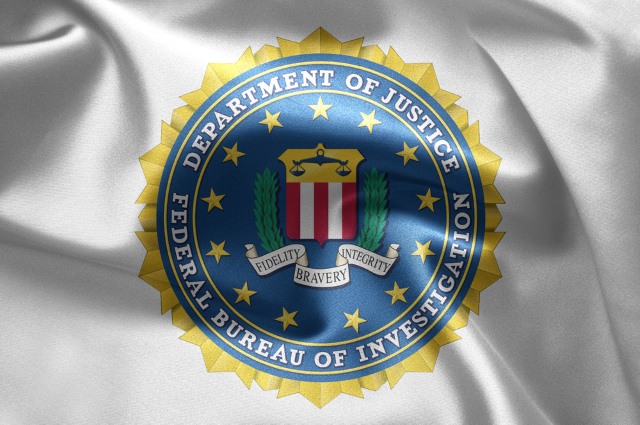
FBI hands over four million compromised email addresses from Emotet to Have I Been Pwned
Three months ago, law enforcement agencies from across the planet worked together to bring down Emotet, one of the world's most infamous botnets.
This action resulted in huge numbers of compromised email addresses being obtained by the various agencies, and the FBI has now offered these to Have I Been Pwned (HIBP) to make it easier for anyone to check if their information was harvested and used by Emotet.
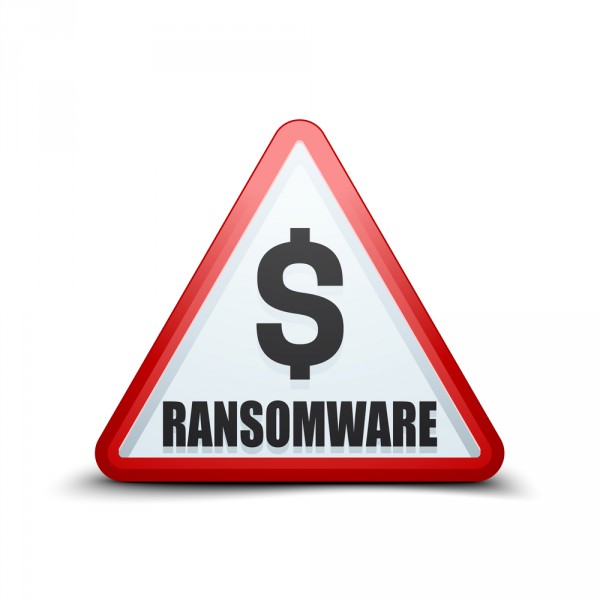
New Android ransomware masquerades as FBI message
Researchers at Check Point have discovered a new variant of Android malware called Black Rose Lucy that, when downloaded, encrypts files on the infected device and displays a ransom note in the browser claiming to be an official message from the FBI.
First discovered by Check Point in September 2018, Lucy is a Malware-as-a-Service dropper that originated in Russia and downloads and installs new threats with ransomware capabilities.
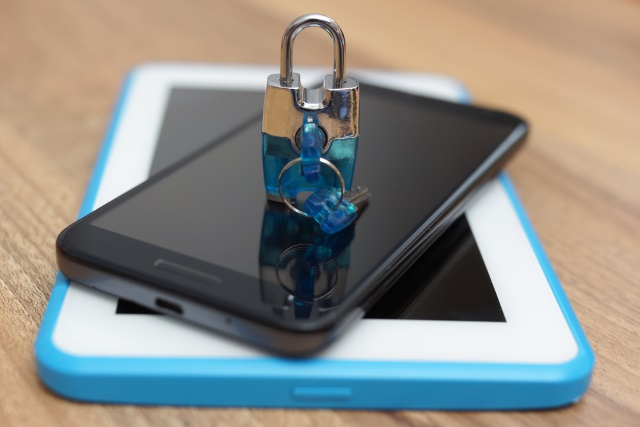
US government uses Texas shooter's iPhone to support its case for encryption backdoors
The inability of law enforcement agencies to access encrypted data stored on smartphones is a relatively new one, but it's one that really came into the spotlight with the San Bernardino shooting latest year. With the recent shooting in Texas, the US government is talking about the issue once again.
We've already learned that the FBI has been unable to access data stored on the shooter's phone due to the fact that it's encrypted. We also know that Apple has been in contact with the FBI to offer help -- despite having previously said there was no way it could access encrypted data. Now it seems that the US government, specifically Deputy Attorney General Rod Rosenstein, is using the case to add pressure to phone manufacturers to include backdoors.
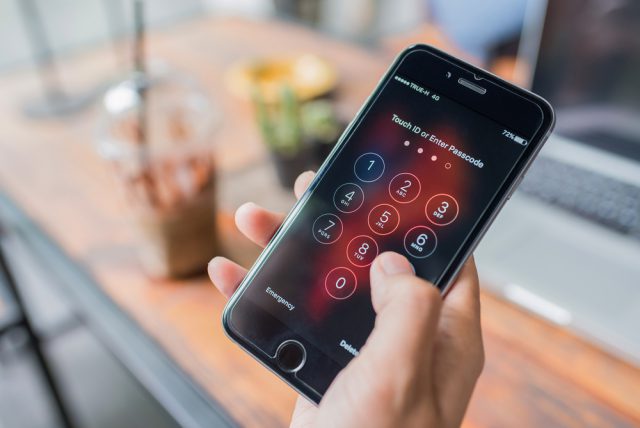
Encryption blocks the FBI from accessing 7,000 devices
The ongoing debate between law enforcement agencies and device manufacturers over customers' digital privacy was a major point of discussion during the San Bernardino terrorist attack in 2016 and now the FBI has revealed that it was unable to access almost 7,000 devices because of encryption in this year alone.
At the International Association of Chiefs of Police conference in Philadelphia, FBI Director Christopher Wray brought up the issue in a speech to highlight how law enforcement agencies are still at a loss as to how to access the data on mobile phones protected with encryption.

FBI uses PureVPN's 'non-existent' logs to track down internet stalker
No longer operating under the illusion that the internet offers a mask of anonymity, increasing numbers of people are turning to VPN software to protect their privacy and mask their identity online.
But a recent case shows that the FBI used the logs of PureVPN to track down a user believed to be an internet stalker. This may make PureVPN users think twice about just how anonymous they really are, particularly when the company claims: "We do NOT keep any logs that can identify or help in monitoring a user's activity."
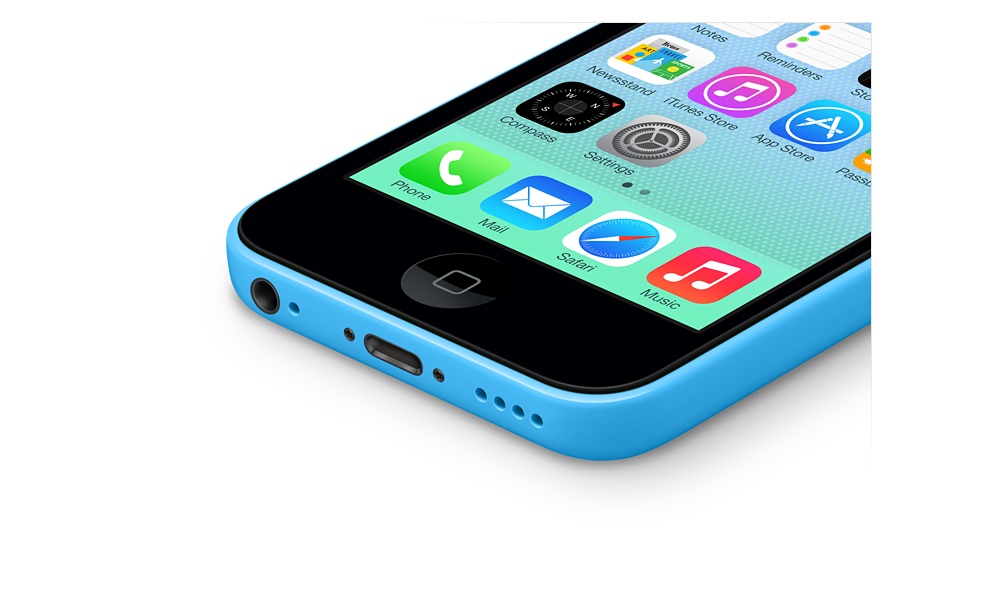
FBI won't have to reveal details of hacking tool used to crack San Bernardino iPhone
A judge has ruled that the FBI will not have to reveal any details about the hacking tool it bought to crack the iPhone at the center of the San Bernardino shooting case back in early 2016.
Following a Freedom of Information request by Vice News, USA Today and the Associated Press, federal judge Tanya Chutkan ruled in favor of the FBI, meaning that the agency will be able to keep this information secret.

FBI wants US businesses to stop using Kaspersky software
The FBI has admitted that it is actively discouraging businesses to not use security products from Kaspersky Lab.
Rob Joyce, the US government's Cyber Security Coordinator, said that the agency has been actively trying to convince companies in the private sector to no longer use products from the Russian security firm following a number of recent concerns.

FBI issues a warning to parents about the privacy and safety of internet-connected smart toys
The FBI's Internet Crime Complaint Center (IC3) has issued a PSA warning about the potential dangers of smart toys. The bureau encourages parents to consider cyber security before bringing internet-connect toys into the home because they could risk the privacy and safety of children.
The announcement warns of the potential for personal information to be gathered through such toys. The presence of sensors, microphones, cameras, data storage components, speech recognition and GPS, coupled with cloud storage of data, is cited as cause for concern, and parents are urged to check privacy agreements.

Appeal court rules FBI national security letter gagging orders should remain in place
Anyone subject to secret surveillance by the FBI through access to their private data remains unentitled to be told about the related national security letters (NSLs). The 9th US Circuit Court of Appeals in San Francisco ruled that existing gagging orders that prevent companies from advising people about NSLs relating to them do not violate the First Amendment.
A case had been brought to court by the Electronic Frontier Foundation on behalf of Cloudfare and CREDO Mobile that challenged the legitimacy of the gagging orders. EFF won its case back in 2013, but subsequent changes to the law, coupled with the appeal court ruling, means that companies are still unable to inform customers about the existence of national security letters relating to their accounts.
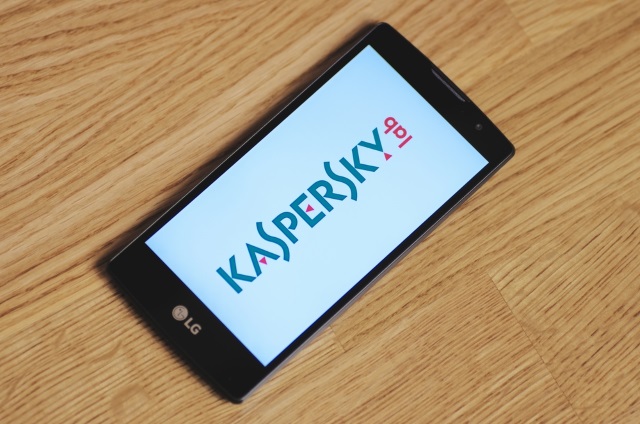
Kaspersky Lab is ready to hand over source code to US government to disprove Kremlin links
As the US government decides whether or not to continue using Kaspersky security software, the Russian company has indicated its willingness to hand over source code for review.
Eugene Kaspersky, speaking to the Associated Press, said that "if the United States needs, we can disclose the source code." Rumors have long circulated about Kaspersky's ties to Putin, leading to speculation that the company's software could be used to spy on Americans.
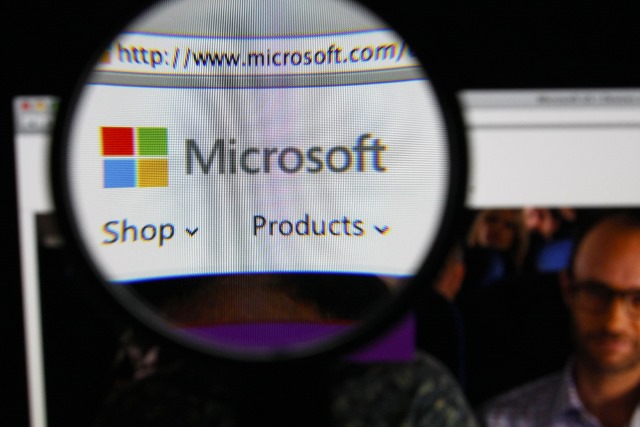
[Updated] Microsoft transparency report reveals first National Security Letter and shows doubling of FISA orders
Microsoft has published its latest transparency report and, for the first time, disclosed the contents of a National Security Letter it received. In addition to the debut appearance of such a letter in the report, Microsoft also reveals that in the reported period in 2016 the number of FISA orders more than doubled compared to the previous period.
As with previous reports, Microsoft is not permitted -- for reasons best known to the US government -- to reveal precise numbers when talking about the number of official requests for data it has received. As such, we know that in the most recent reporting period, it received between 1,000 and 1,499 FISA orders, up from 0-499.

US judge says Google must hand over foreign emails to FBI, even though Microsoft need not
A US judge has ordered Google to comply with FBI search warrants which ask for customer emails that are stored outside of the US. This is in stark contrast to a recent case in which a federal appeal court ruling concluded that Microsoft did not need to comply with such orders.
The FBI issued a warrant in relation to a fraud case, and Google argued that because the emails in question were stored on foreign servers, the authorities should not be able to seize the data. However, Google has been told that transferring the emails to another server for investigation by the FBI does not constitute seizure, but conceded it was a potential invasion of privacy.

Twitter reveals the worrying content of two secret National Security Letters
All the big players in the world of tech release transparency reports these days, and Twitter is no different. Like other companies, Twitter has been unable to report details of any National Security Letters (NSLs) it receives from the FBI asking for access to user account information.
These data requests are accompanied by gagging orders that prevent the recipients from informing either the public or the subject of the letter about the request. The gag has now been lifted and Twitter has shared the contents of two letters which ask for a "large amount of data."
